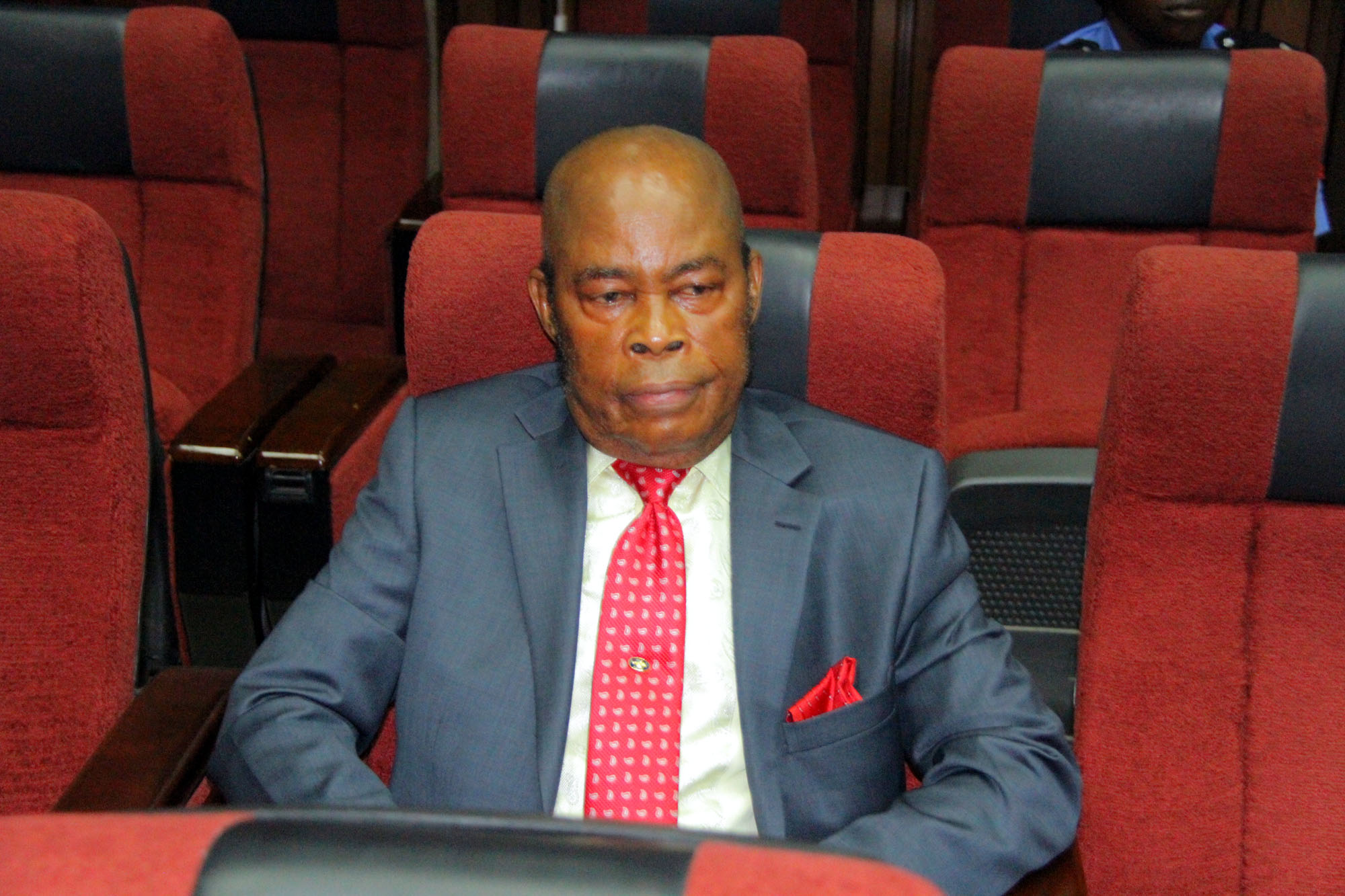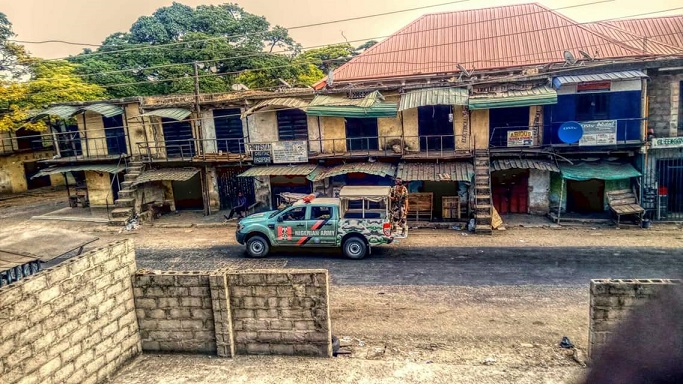Sylvester Ngwuta, a justice of the supreme court, says the monies which operatives of the Department of State Services (DSS) found in his residence were proceeds of his palm oil and rice business.
Ngwuta’s home was raided by DSS operatives in October 2016.
The DSS said it recovered the sums of N35,358,000; $319,596; £25,915; and €280.
The justice is standing a 13-count charge bordering on money laundering, age falsification and possession of multiple international passports.
Advertisement
At the court on Friday, Aminu Ndakpoto, a DSS operative and a prosecution witness in the case, said under interrogation, Nguwta also said he bought palm oil and rice from the open market and sold them at a higher price.
The DSS operative also said the justice claimed that he traded in foreign currencies with bureau de change operators.
He said the defendant explained that he bought dollars when the rates were low and sold at a higher price.
Advertisement
“On that day, there was no written statement by the defendant that I witnessed, that was on Sunday, October 9, 2016,” he said.
“Before he came to our office, there was news everywhere about the arrest of judges and that the defendant travelled to the UAE with some others to collect bribe to influence the case he was handling.
“When he came back the second day, I went to meet him at the waiting area. When we were coming down to my office, the defendant asked that we did not talk about the money found in his house.
“My colleague, Mike reminded him that he had explained the previous day that the money was from his accumulated allowance, trades in foreign exchange and farm produce.”
Advertisement
After listening to the witness’s account, John Tsoho, the judge handling the matter, adjourned it to January 10.







